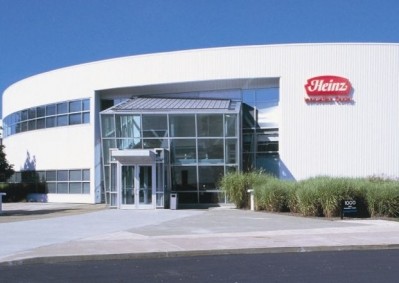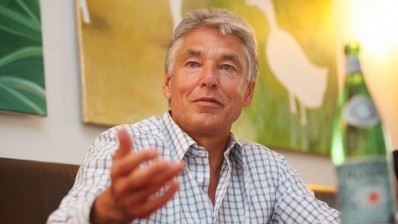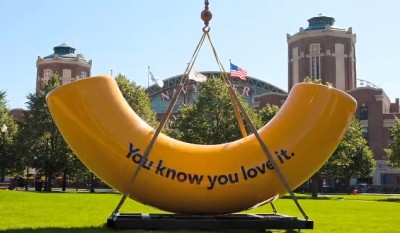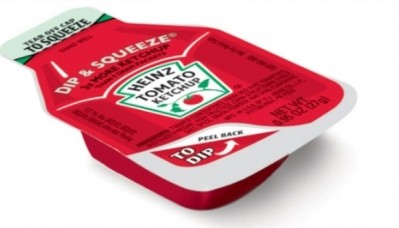Heinz Q1 sales drop 11.5%; North America frozen meals post double-digit declines
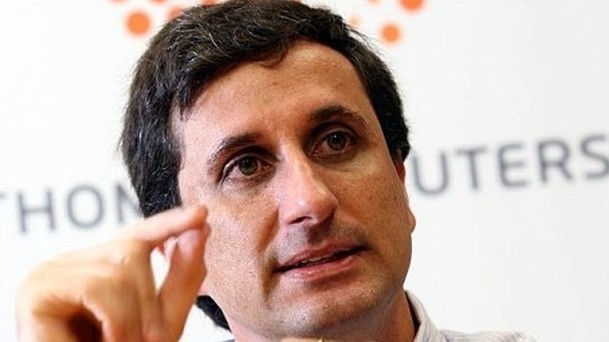
In the three months to March 29, 2015, net revenues declined 11.5% to $2.48bn vs the same period in 2014, while adjusted EBITDA (earnings before interest, tax, depreciation and amortization) dropped 5.4% to $651m, driven by an unfavorable currency impact of 5.8% and costs relating to its SAP implementation in North America.
However, net income surged 42% to $276.4m at the Pittsburgh-based firm, which has a brand stable including Heinz Ketchup, Classico sauces, Ore-Ida potatoes, TGI Friday’s, Weight Watchers, Heinz Beanz, and Smart Ones frozen meals.
Figures skewed as Heinz had shipped a lot of ‘safety stock’ to retailers in Q1, 2014
Heinz – which was acquired by private equity firms 3G and Berkshire Hathaway in June 2013, and recently announced plans to merge with Kraft – said the 11.5% sales drop was driven by a 4.5% decline in organic net revenue and an unfavorable currency impact of 7%.
The decline in organic net revenues was in part due to tough comparatives, as this time last year, Heinz had shipped a lot of ‘safety stock’ to North American retailers before it implemented a new SAP system as part of its Project Keystone* efficiency program, said the firm in a 10K filing.
But it added: “Ketchup and Infant organic revenues grew by single-digits globally, led by Venezuela and Russia, and the company’s Soy Sauce business in China grew by double-digits. However, US revenues were impacted by a double-digit decline in the Frozen Meals category, and Europe revenues were impacted by category declines in the UK and in Italy.”
US revenues were impacted by a double-digit decline in the Frozen Meals category
- Sales in North America fell 15.3% to $990m, with volumes down 18.2% primarily due to the tough comparatives described above, plus "frozen nutritional meals category softness and product rationalization in US consumer products and reduced trade promotions in US foodservice and Canada".
- Sales in Europe fell 18% to $626m, with volumes down 6.1% due to product rationalization, category softness and reduced trade promotions in the UK and infant food in Italy.
- Sales in Asia/Pacific fell 9.6% to $445m with volumes down 2.4% largely as a result of "competitive private label pressures in ambient meals driving lower market share along with product rationalizations in Australia, and the US shipping port strike, which adversely impacted supplies in Japan".
- Sales in Latin America were up 33.2% to $264m, with volumes up 9.4% due to growth in Venezuela and Mexico.
- Sales in Russia, India, Middle East and Africa (RIMEA) dipped 13.6%, to $153m with volumes down 3.4% mainly due to the economic crisis in Russia.
CEO Bernando Hees: First quarter results were consistent with our expectations
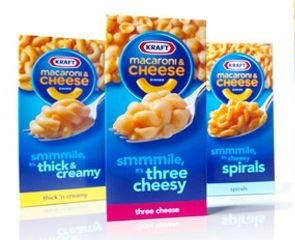
Heinz – which is run by former Burger King boss Bernando Hees - has been aggressively cost-cutting since its private equity owners took over in June 2013, and has closed or announced plans to close factories in the US, Europe and Canada. It has also sold Shanghai LongFong Foods in China and its domestic foodservice frozen desserts business.
According to SEC filings, it slashed 7,400 jobs between April 2013 and December 2014.
Hees said the Q1 figures were in line with expectations, adding: "We continued to make strong progress on the transformation of our business during the first quarter of the year. First quarter results were consistent with our expectations and we remain on track to deliver on our internal targets for the year. We are confident that our cost discipline and investment in our brands will continue to drive sustainable and profitable growth.”
* Project Keystone is a global program designed to drive productivity by harmonizing processes and standardizing systems through SAP.
